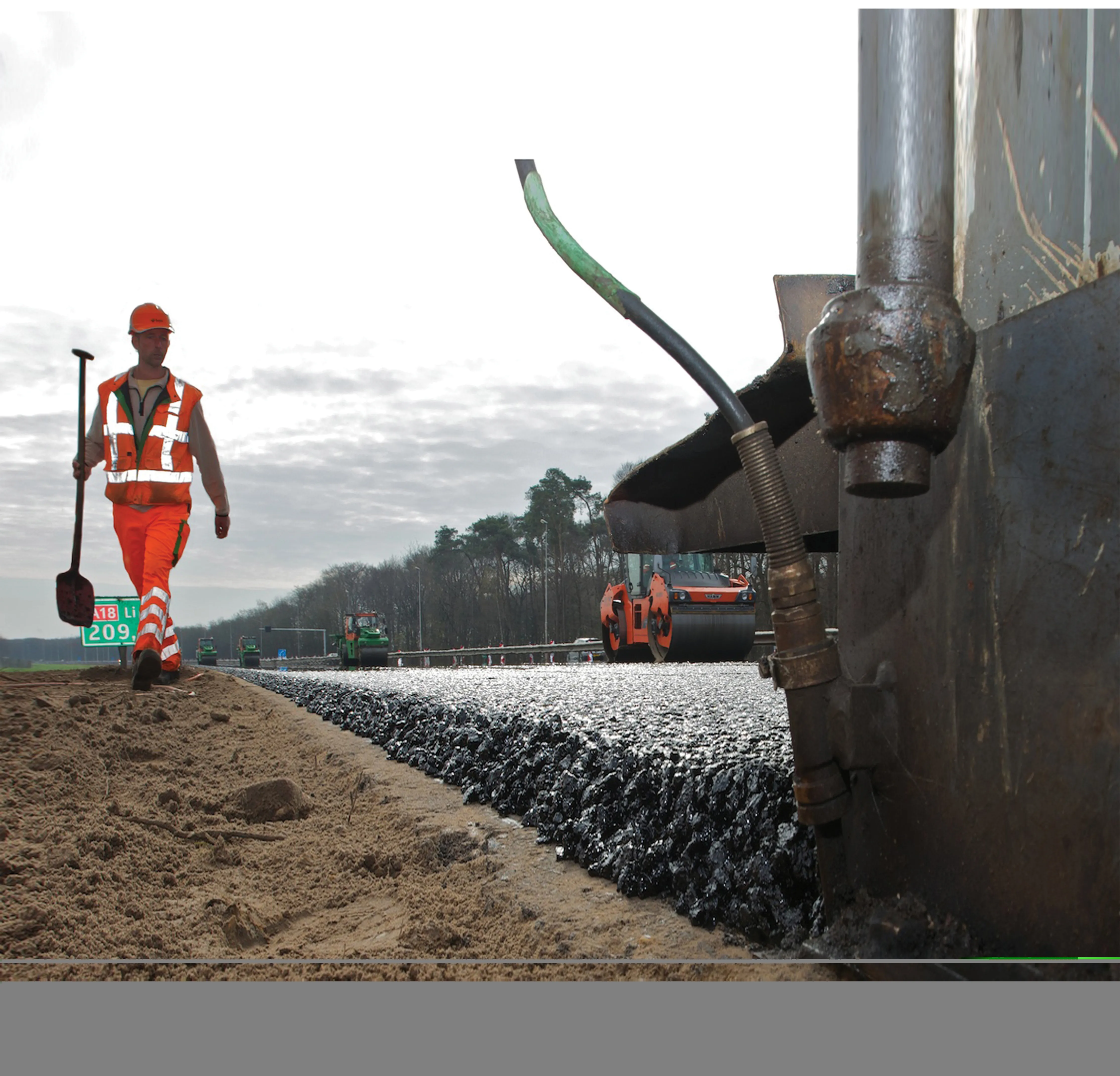New guidance from the US Federal Highway Administration (FHWA) will pave the way for the increased use of innovative technologies in the country's highway network. This follows a clarification of procurement guidance issued by the FHWA.
April 26, 2012
Read time: 2 mins
New guidance from the US 2410 Federal Highway Administration (FHWA) will pave the way for the increased use of innovative technologies in the country’s highway network. This follows a clarification of procurement guidance issued by the FHWA.
A memorandum sent to FHWA division administrators explained the issue. It stated that a federal regulation covering the use of proprietary and patented products on federally-aided projects does not prohibit state transportation departments from using federal funds to pay for them, even if they are more expensive. A new technology or product may be used, according to the new guidance, if a state certifies that it is specifically suitable for particular purposes or projects.
Following the issue of this guidance, hundreds of innovative products aimed at increasing the safety and durability of the nation’s highways and bridges should find their way more quickly into state highway projects. The FHWA action clarifies the actions states must take to use a patented or proprietary product whenever there are no equally suitable alternatives. In such cases, the states need only submit a certification to the FHWA in order to take advantage of the potential benefits that could be derived through the use of new technologies that may, necessarily, be more expensive when first introduced to the market.
A memorandum sent to FHWA division administrators explained the issue. It stated that a federal regulation covering the use of proprietary and patented products on federally-aided projects does not prohibit state transportation departments from using federal funds to pay for them, even if they are more expensive. A new technology or product may be used, according to the new guidance, if a state certifies that it is specifically suitable for particular purposes or projects.
Following the issue of this guidance, hundreds of innovative products aimed at increasing the safety and durability of the nation’s highways and bridges should find their way more quickly into state highway projects. The FHWA action clarifies the actions states must take to use a patented or proprietary product whenever there are no equally suitable alternatives. In such cases, the states need only submit a certification to the FHWA in order to take advantage of the potential benefits that could be derived through the use of new technologies that may, necessarily, be more expensive when first introduced to the market.







